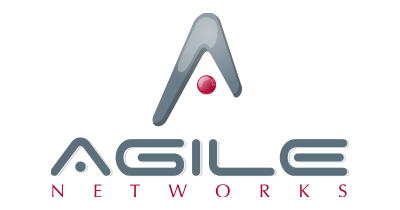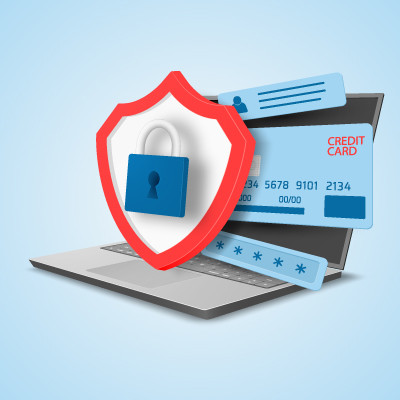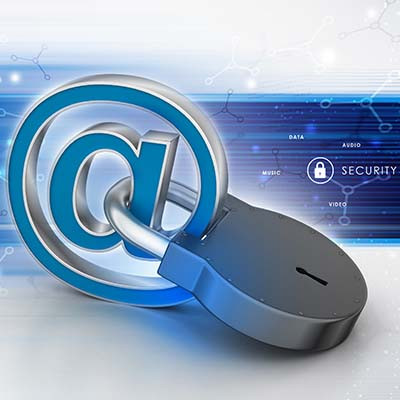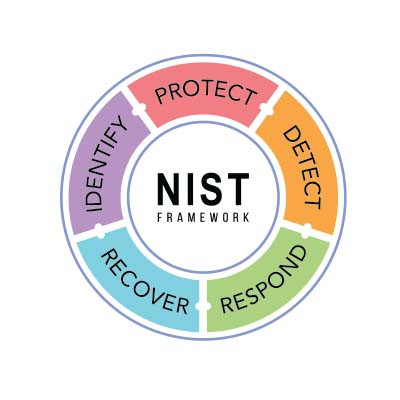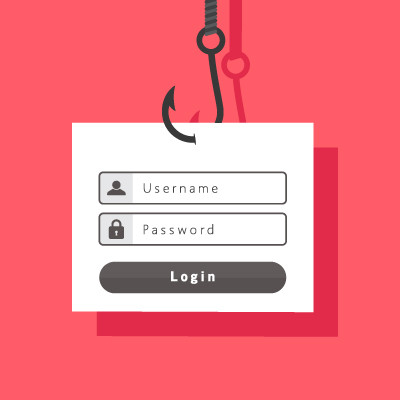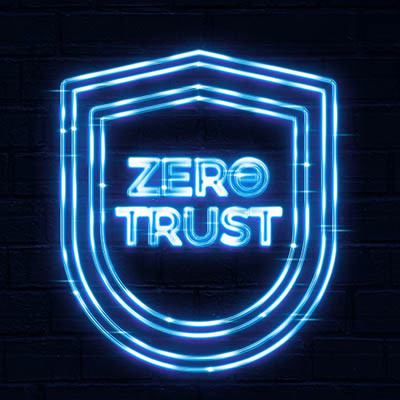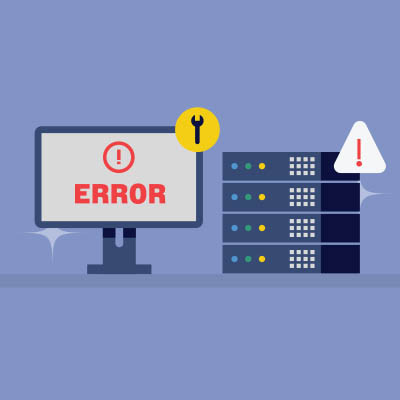Agile Networks Blog
Bring Your Own Device, or BYOD, is a common approach for businesses that want to take advantage of mobile technology to kickstart productivity. Instead of supplying each individual employee with company-owned devices, businesses allow employees to use their own devices for work-related purposes. While this is great on the budget, it’s only really effective (and safe) if the employee prioritizes security on their devices; otherwise, it’s a liability.
The Android operating system periodically receives updates and patches detailed in online publications called Android Security Bulletins. In the March 2025 edition, Google announced that 43 malicious bugs had been resolved, two of which were zero-day vulnerabilities.
Let’s talk about how to implement these fixes and why this is a practice that should reach every aspect of your business’ IT.
It should come as no surprise that cybersecurity is a big challenge for businesses and individuals alike. The problem: life pretty much revolves around being online these days, so there’s no avoiding it. Therefore, it’s your responsibility to ensure that any data you collect from your customers, employees, and other key stakeholders in your business is well-protected, otherwise you will face severe consequences.
You open your email and you have a message claiming your bank account has been compromised. You click the link, log in, and, whoops, you just handed your credentials to a cybercriminal. You’ve been a victim of phishing, where scammers bait you with fake messages and reel you in like an unsuspecting fish. You don’t have to be their next catch. Here’s how to recognize and fight back against phishing attempts.
If it feels like scammers are everywhere, it’s largely because they are. Every day, they’re cooking up new ways to trick people into giving up money, data, or access to their accounts. One of the biggest problems we run into is that we’re bombarded with so many scam warnings that we start tuning them out. That’s called threat fatigue, the phenomenon when you get so tired of hearing about security risks that you stop paying attention. That’s exactly what scammers want.
In the United States, tax season is prime time for hackers to take advantage of law-abiding, tax-paying citizens. They do this through all kinds of nefarious activities, such as phishing attacks conducted through text messages and emails claiming to be from the Internal Revenue Service. If you want to avoid getting scammed this tax season, be sure to keep the following tips in mind to stay safe while you conduct your typical tax routines.
Hardware is far from the most fun topic for a business owner to learn more about, but that doesn’t diminish its importance. If you want to ensure your business stays ahead of the game, then you need to be strategic about your hardware implementation. Otherwise, you risk falling behind, put your business in danger, and—even worse—imperil your budget. Today, we want to help you get the most out of your hardware, long before you have to invest in anything new.
If you want your business to succeed, you need to take care of your employees, but businesses sometimes let this important task slip in the throes of the day-to-day. Deloitte estimates that around 8 out of every 10 wage workers show signs of burnout. So the question then becomes… What are you doing about it?
Passwords protect nearly all of your accounts; or at least you hope that they do. Unfortunately, making a super-secure password that’s easy to remember can be harder than people expect. Oftentimes, it feels like you are constantly solving a puzzle. So then, how do you create passwords that keep hackers out without driving yourself crazy? In this month’s newsletter, we discuss this very problem.
If you or your business are worried about cybersecurity, we’d like to say, “Congratulations, you get it!” Too many people fail to take cybersecurity seriously, and with hackers and data breaches making headlines worldwide, you cannot underestimate them. Today, we want to cover how a cybersecurity consultant can save you time, money, and stress over your security systems.
Sometimes problem solving requires you to step away and think about the issue at hand. Consider any great strategist out there and you’ll understand that it takes time and calculation to make moves that will benefit you now and in the future. Today, we’ll explore how you can be more productive through strategic pausing.
How seriously does your business take data privacy? Can you back up your answer with concrete examples of what you do to prioritize that notion? Today, we face a serious threat to both individual and consumer data privacy, so we want to take the time to cover how you can make data privacy a priority in your own life.
Printers… they’re the tech we love to hate, especially when they just don’t work right. You’d think a device with one main job could handle it! So, why do printers mess up so often? Here’s a look at the main reasons why printers fail. Usually, it’s because of one of these three things: software issues, problems with the paper and ink, or connection issues.
A well-structured framework is essential for establishing effective, consistent policies and strategies. This applies to many areas—including network security. Today, we’re diving into the National Institute of Standards and Technology (NIST) cybersecurity framework, which outlines steps to help safeguard your business.
There’s never been a more dangerous time to run a business. Okay, maybe that’s not necessarily true, but hear me out. With digital technology taking on a greater importance for businesses than ever before, companies have to contend with countless threats—including the ever-popular phishing scams—regardless of their geographical location.
It isn’t rare for people to subscribe to things and only stay subscribed because the cancellation process is so challenging and inconvenient. However, the Federal Trade Commission is looking to stop this, adopting a rule that eliminates the capability for businesses to put hurdles in front of cancellation processes.
Let me ask you something: would you trust a bank that locked its doors for the night but left all its cash in a big pile in the middle of the floor? Probably not—after all, if someone managed to get through the doors, nothing would stop them from helping themselves to the funds inside.
This is effectively how cybersecurity once worked, with the presumption that if someone had access to a network, they had permission to access any data on it. Fortunately, many businesses have made the switch to a better approach, known as zero-trust security.
It’s natural for businesses to rely on their tools, like IT, to achieve success, but if you don’t take care of your systems, it could lead to downtime. You can bypass many of these challenges with the right approach to technology maintenance. We want to highlight some of the proactive methods you can use to keep downtime to a minimum.
